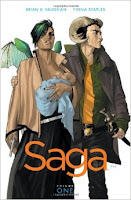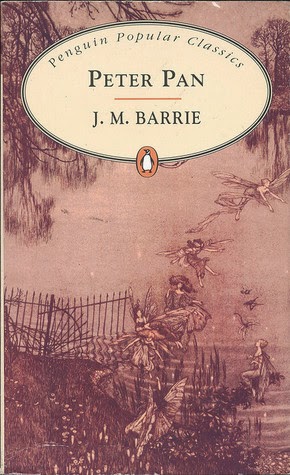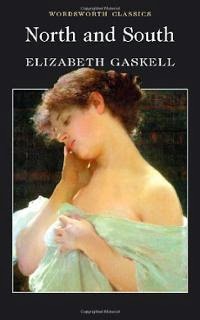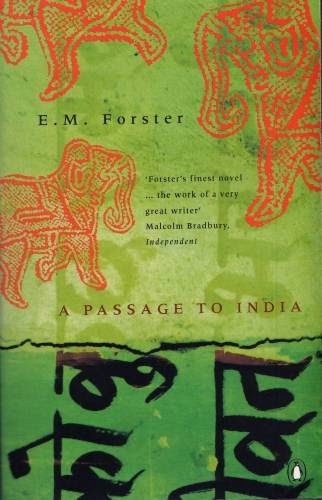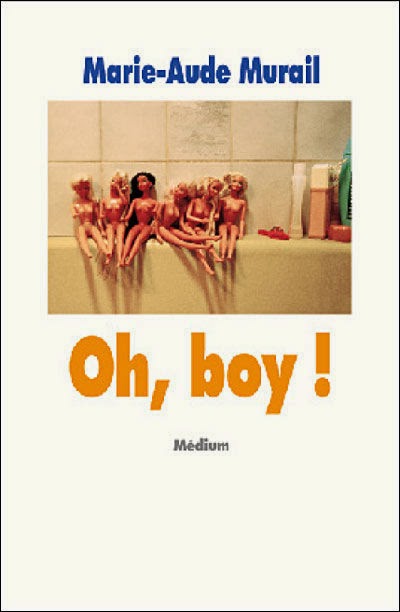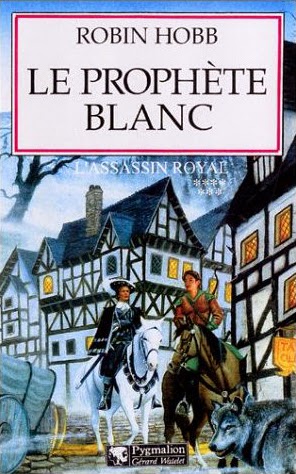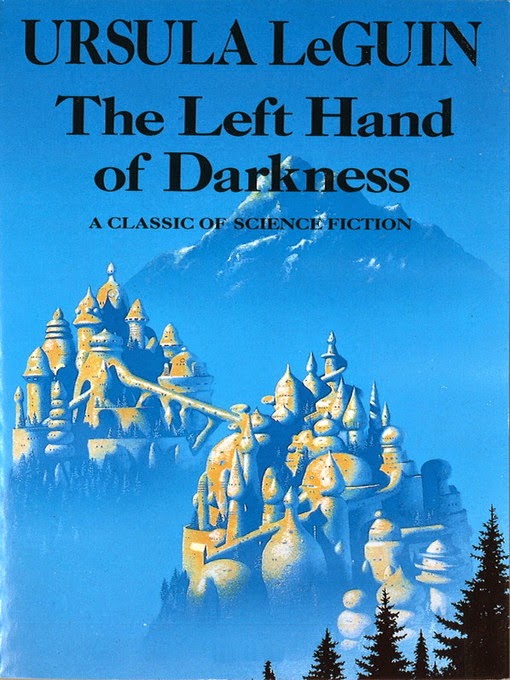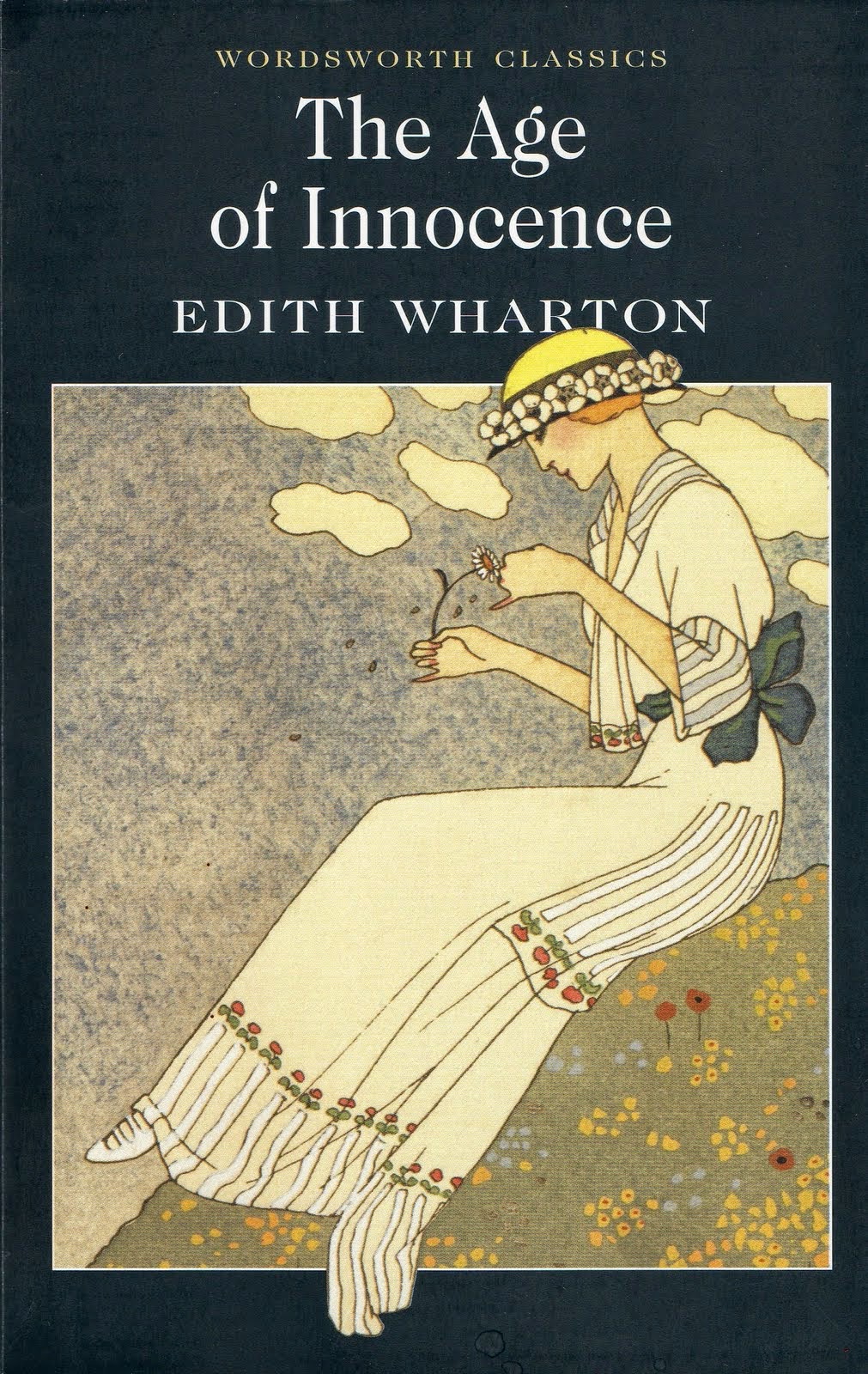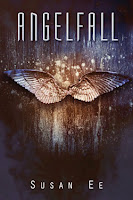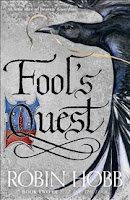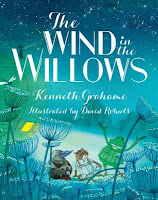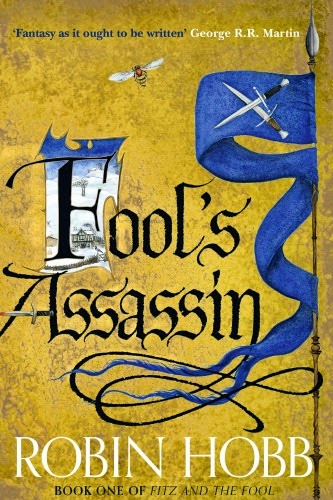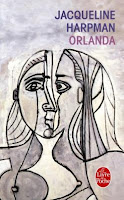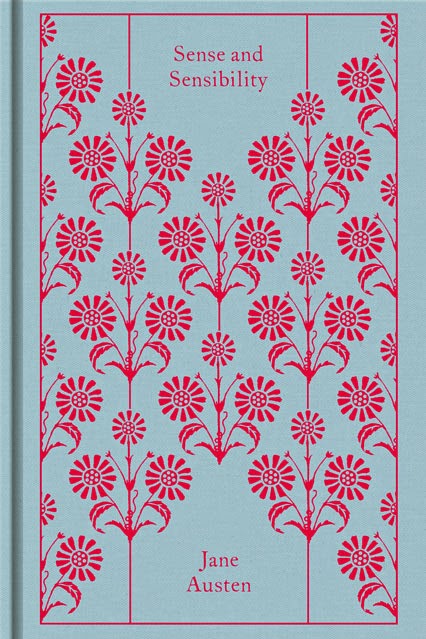AUTEURS' LIBRARY
Austen Jane
(1)
Barrie J. M.
(1)
Bowen Elizabeth
(1)
Cooper James Fenimore
(2)
Cronin A.J.
(2)
Dostoyevsky Fyodor
(1)
Ee Susan
(2)
Farland David
(1)
Fitzgerald F. Scott
(1)
Flewelling Lynn
(1)
Forster E. M.
(2)
Gaskell Elizabeth
(1)
Golding William
(1)
Grahame Kenneth
(1)
Harpman Jacqueline
(3)
Hobb Robin
(5)
Ishiguro Kazuo
(1)
Le Guin Ursula K.
(2)
London Jack
(1)
Martin George R. R.
(3)
Melville Herman
(1)
Murail Marie-Aude
(1)
Ngῦgῖ wa Thiong’o
(1)
Pilcher Rosamunde
(1)
Ryan Anthony
(2)
Salinger J. D.
(1)
Shaw George Bernard
(2)
Stegner Wallace
(2)
Steinbeck John
(1)
Stevenson Robert Louis
(2)
Tarkington Booth
(1)
Vaughan Brian K.
(1)
Webb Mary
(2)
Wharton Edith
(1)
Wednesday, 30 July 2014
Auteur's library
Ursula Le Guin
Hainish Cycle:
The Left Hand of Darkness IV.
1969
A pearl that is all too unknown in Continental Europe. How come? I discovered it through the movie The Jane Austen Book Club ! I've never read any other sci fi in my life but I'd always imagined it to be more 'sci' than 'fi' and more 'pro science' than 'pro life' ; Le Guin threw me aback. I loved it! As a s-fantasy fiction, everything that one expects is in there and more thought through and better 'scripted' than in The Earthsea Series. As a novel, it easily beats up some of the classics of literature. Its depth doesn't stop at a show of wit and a few clever sentences here and there, but goes on to actually form the basis of the whole book. Recommended to anyone who loves fantasy fiction, philosophy, social theory, or suspense. This is good writing without pretension, a strong story without an ounce of show.
P.S. Also, another incentive: it's very rare, at least in fantasy, to have a black male as the main character, particularly given the late 60s context.
Tags: gender structure and relations, androgyny/transsexuality, feminist thought, the "what-the-hell-are-we doing-here" question, racial relations, "homosocial" relations, roman de mœurs, socio-political structure, far far away planets
Auteur's library
Jane Austen
Sense and Sensibility
1811
1813
Emma

1815
Northanger Abbey
1818
Tags: ladies & gents' courtship dance, close quarters, gothic interest, 19th-century society, roman de mœurs, gender relations, famille & land
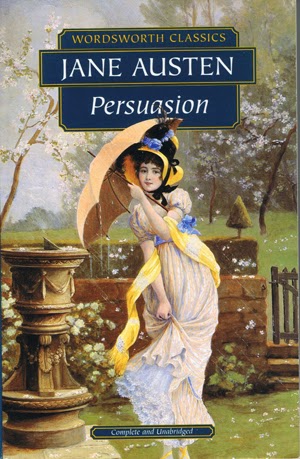
Persuasion
1818
This is one of Austen’s more ‘tamed’ work. The book offers a study of the dilemma between reasonability and influenceability, and ends up, like all Austen, praising nuance. The heroine is restrained in her emotions, with an acute awareness of social do’s and don’ts, to the point of making you yell at her in despair. You’ll understand it, this is a story in which you can’t help but invest. With a cast of characters to die for, from the comic relief to the ‘grip-your-own-hair’ type (that’d be the heroine), the book offers a nice balance of wisdom, stock characters, social observation, suspense, indignation, comedy, and annoyance. This is a complete work, more well-rounded in its study than Northanger, if perhaps less witty. The characters are attaching, they feel real and simple, closer to a 21st-century audience than Austen’s other works.
This is one of Austen’s more ‘tamed’ work. The book offers a study of the dilemma between reasonability and influenceability, and ends up, like all Austen, praising nuance. The heroine is restrained in her emotions, with an acute awareness of social do’s and don’ts, to the point of making you yell at her in despair. You’ll understand it, this is a story in which you can’t help but invest. With a cast of characters to die for, from the comic relief to the ‘grip-your-own-hair’ type (that’d be the heroine), the book offers a nice balance of wisdom, stock characters, social observation, suspense, indignation, comedy, and annoyance. This is a complete work, more well-rounded in its study than Northanger, if perhaps less witty. The characters are attaching, they feel real and simple, closer to a 21st-century audience than Austen’s other works.
Subscribe to:
Comments (Atom)

